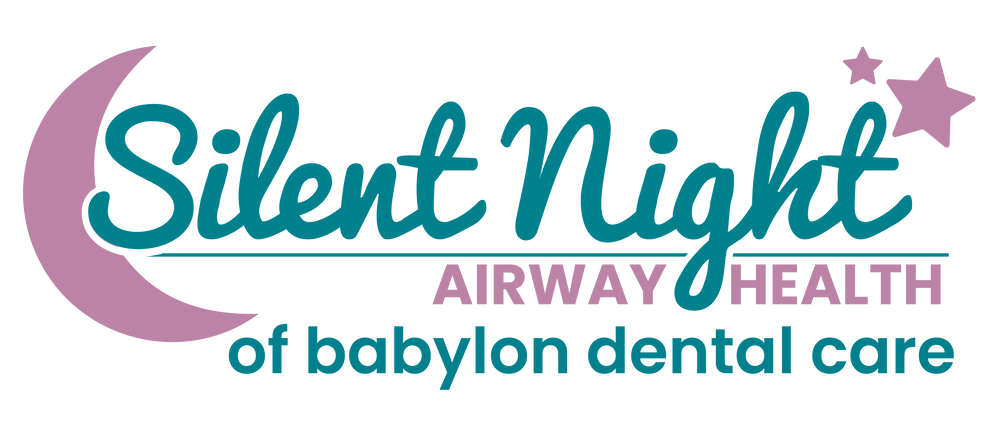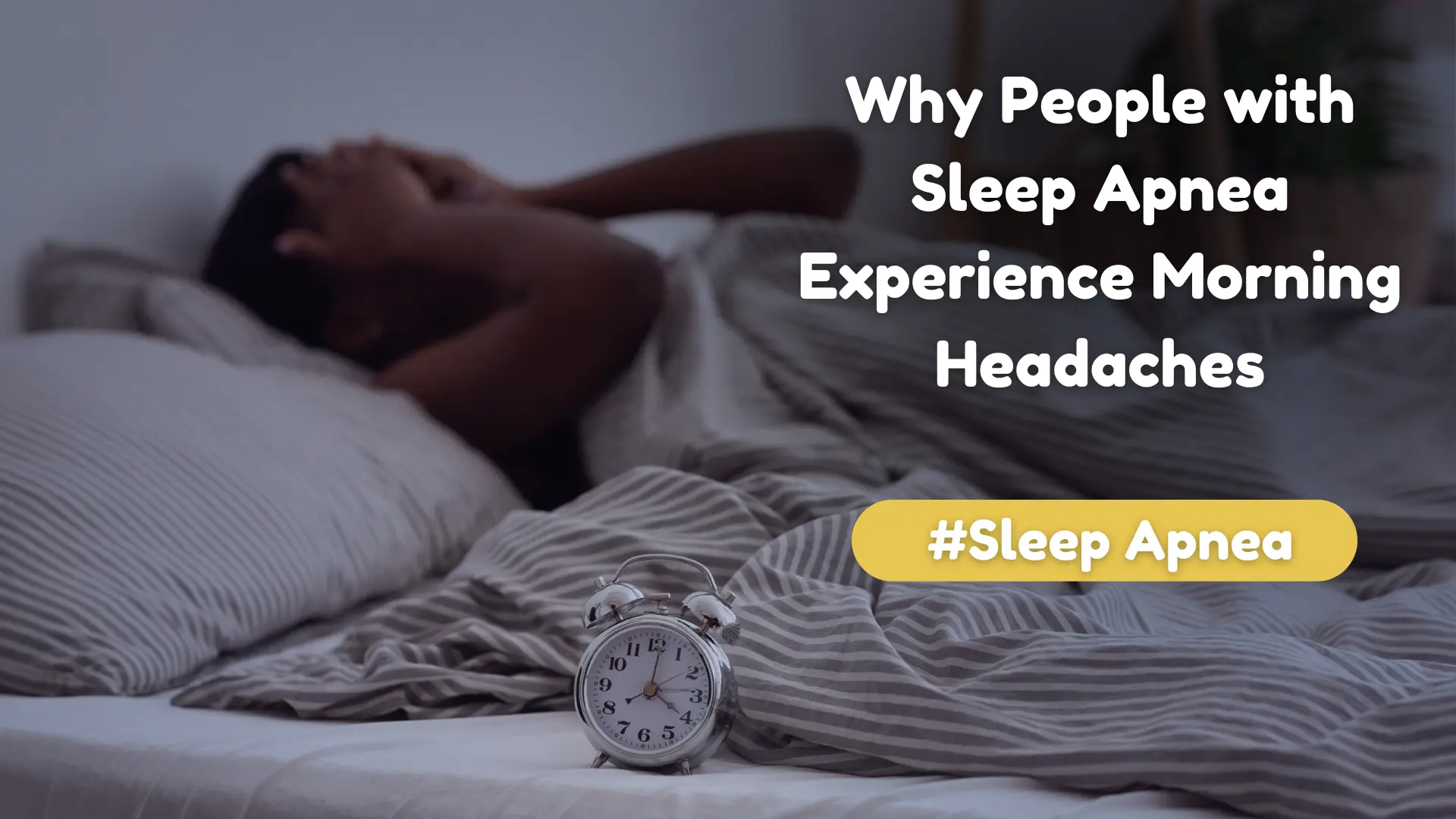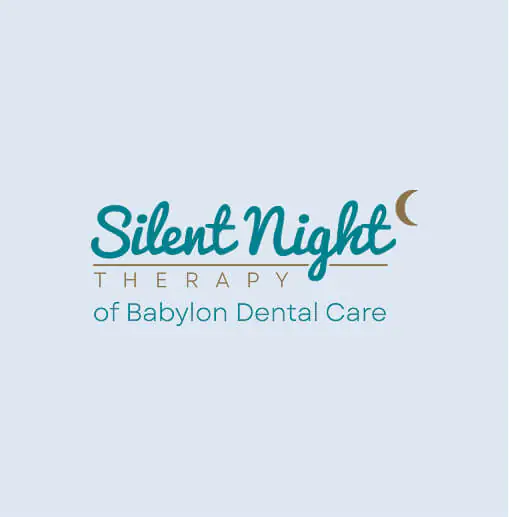Why People with Sleep Apnea Experience Morning Headaches
Posted By:
January 1, 2025
9:00 AM
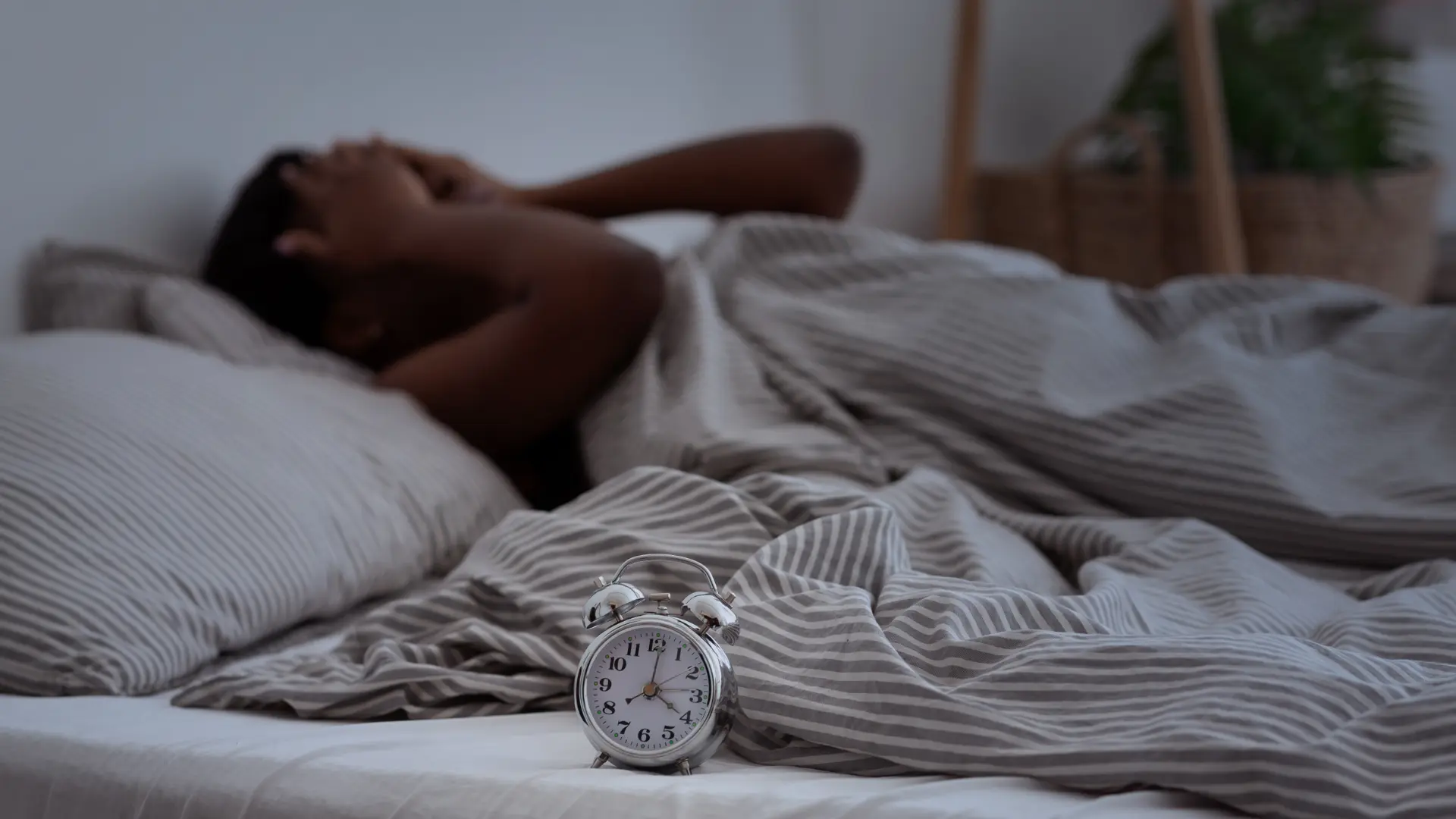
Morning headaches are a frustrating and debilitating way to start the day. For individuals with sleep apnea, waking up with a headache is common. However, understanding the connection between sleep apnea and headaches can bring relief, as it is key to finding solutions and improving overall health.
What Is Sleep Apnea?
Sleep apnea is a sleep disorder characterized by repeated interruptions in breathing during sleep. One of the lesser-known but significant symptoms of obstructive sleep apnea is morning headaches. These headaches can impact the quality of life and often signal underlying health issues that need to be addressed.
The Link Between Sleep Apnea and Morning Headaches
There are reasons why morning headaches occur in people with sleep apnea. Those reasons include:
Carbon Dioxide Retention
During apneas, breathing is paused, leading to reduced oxygen levels and an accumulation of carbon dioxide in the blood. This imbalance can cause the blood vessels in the head to dilate, resulting in a headache. This apnea headache is typically described as a dull, pressing pain on both sides of the head.
Sleep Disruption
Frequent interruptions in breathing can lead to fragmented sleep. Sleep disruption can trigger headaches, particularly tension-type headaches or migraines. Individuals with OSA often experience sensitivity to light and sound, which are common symptoms of these types of headaches.
Low Oxygen Levels
Obstructive sleep apnea often leads to hypoxemia or low oxygen levels in the blood. The lack of sufficient oxygen affects brain function and can contribute to headaches upon waking.
Increased Intracranial Pressure
Another factor linked to sleep apnea headaches is increased intracranial pressure. Prolonged periods of interrupted breathing can affect the cerebrospinal fluid dynamics, leading to pressure changes that may cause pain.
Classification of Headache Disorders Linked to Sleep Apnea
The International Classification of Headache Disorders recognizes “sleep apnea headache” as a distinct type of headache. These headaches:
- Occur typically in the morning, within 30 minutes of waking up.
- Are bilateral, meaning they affect both sides of the head.
- Do not involve nausea but may include sensitivity to light and sound.
- Usually resolves within a few hours of waking.
Diagnosing Sleep Apnea and Headaches
Healthcare providers often recommend a sleep study to determine whether sleep apnea is causing morning headaches. Polysomnography, either in a sleep lab or at home, measures the apnea-hypopnea index (AHI), a key metric used to classify the severity of sleep apnea. Mild to moderate cases (AHI of 5-30) and severe cases (AHI above 30) can help guide the appropriate treatment.
Treatment Options for Sleep Apnea and Associated Headaches
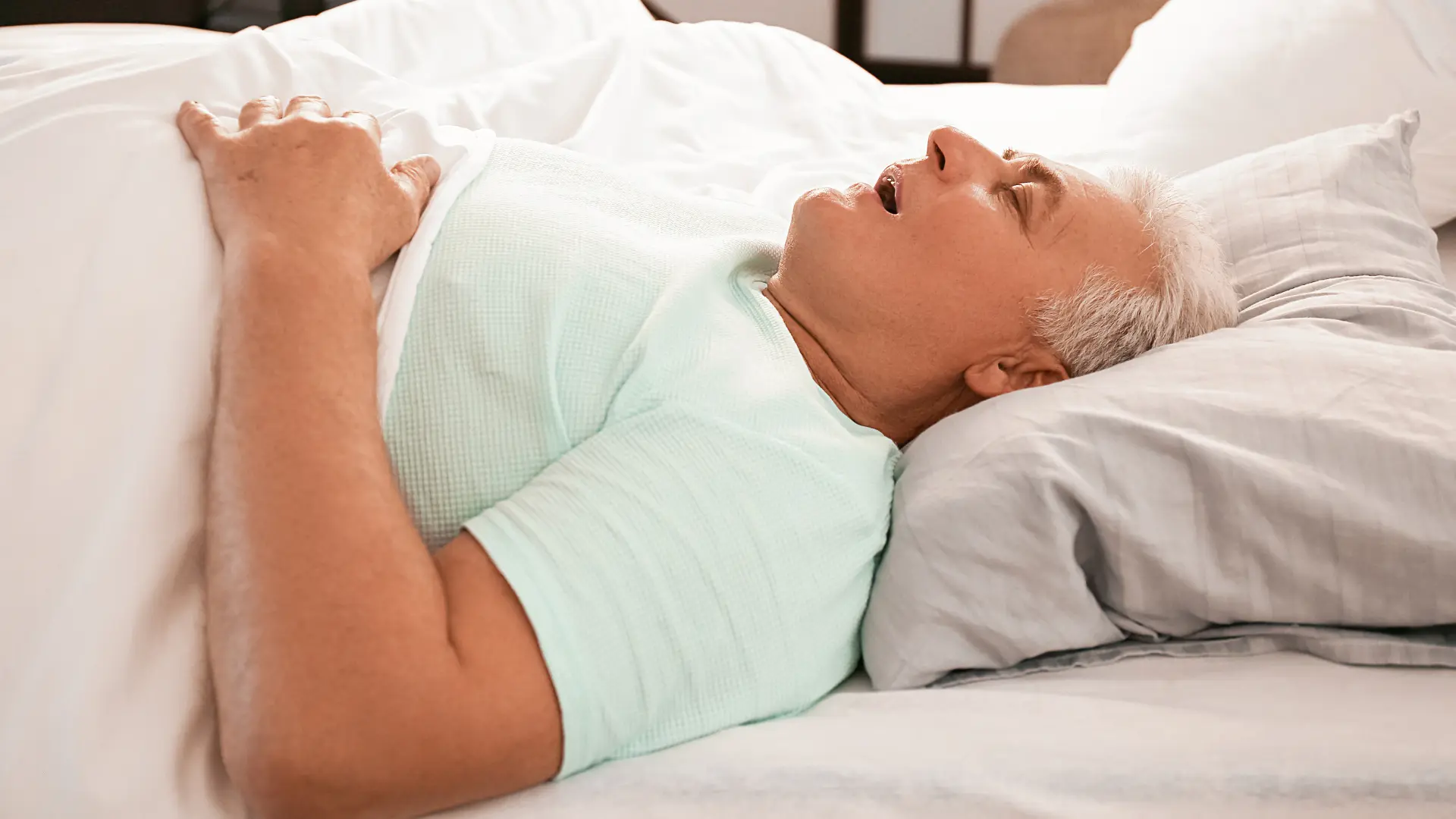
Continuous Positive Airway Pressure (CPAP)
CPAP therapy is the most well-known treatment for obstructive sleep apnea. A CPAP machine delivers a steady stream of air pressure through a mask, keeping the airway open during sleep. By reducing apneas, CPAP can alleviate morning headaches caused by oxygen deprivation and carbon dioxide retention.
Lifestyle Changes
- Weight Management: Excess weight is a significant risk factor for obstructive sleep apnea. Losing weight can reduce the severity of the condition.
- Positional Therapy: Sleeping on your side rather than your back can help prevent airway collapse.
- Stop Drinking & Smoking: Avoiding alcohol before bed and quitting smoking can improve symptoms of OSA.
Oral Appliances
Dental devices that reposition the jaw and tongue can effectively treat mild to moderate sleep apnea. These devices improve airflow and may reduce associated headaches.
Surgical Options
Surgical interventions such as uvulopalatopharyngoplasty (UPPP) or Inspire therapy (an implantable device that stimulates the airway muscles) may be considered for patients who do not respond to CPAP or oral appliances.
Medications
While there are no medications specifically for sleep apnea, treating headache symptoms with pain relievers or preventive medicines may help manage discomfort.
Contact Silent Night Therapy Today for Your Sleep Apnea Evaluation
If you frequently wake up with a headache and experience other symptoms of obstructive sleep apnea, such as snoring, daytime fatigue, or difficulty concentrating, it’s essential to consult a sleep specialist like the one at Silent Night Therapy. We specialize in diagnosing and treating sleep-disordered breathing and its associated complications, providing you with the guidance and reassurance you need.
Silent Night Therapy provides comprehensive care for sleep-disordered breathing and its complications. We offer customized treatment options, oral appliances, and lifestyle guidance, all aimed at helping you achieve better sleep and overall health. Let’s work together to make your mornings headache-free and your days more energized.
Don’t let morning headaches disrupt your life any longer. Call us today at (631) 983-2463 or contact us online to schedule your sleep apnea evaluation and take the first step toward a healthier, headache-free morning.
Related posts:
